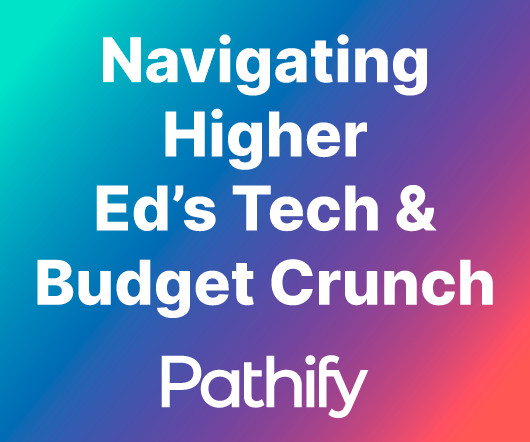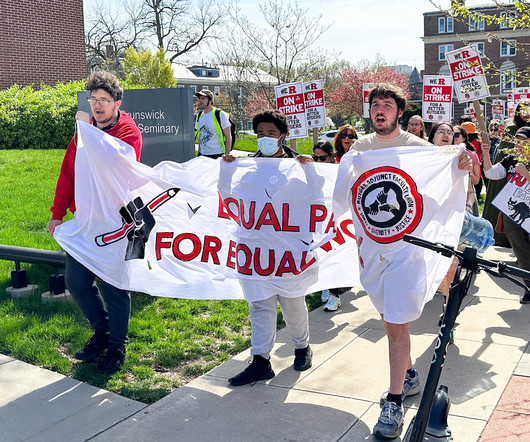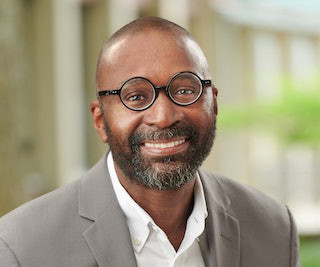We need to break the impasse on higher education funding. Here’s how
Wonkhe
APRIL 13, 2023
An HE funding system that can't maintain pace with inflation is not one that is fit for the long term. Iain Mansfield and Lucian Hudson make the case for radical thinking The post We need to break the impasse on higher education funding. Here’s how appeared first on Wonkhe.












































Let's personalize your content